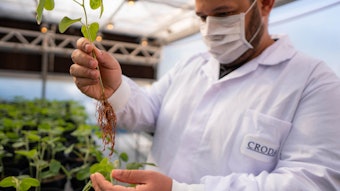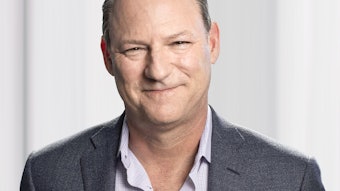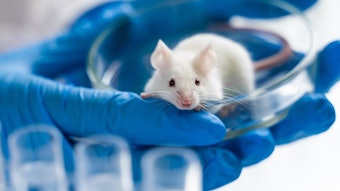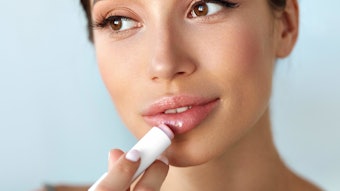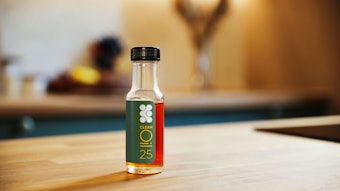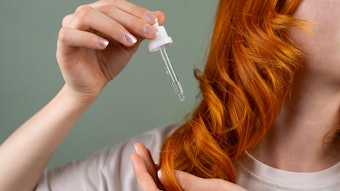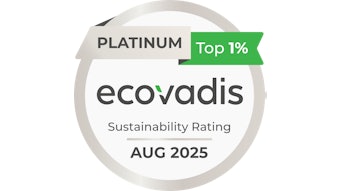Johnson & Johnson (J&J) has announced plans to reformulate many of its products to omit ingredients associated with adverse reactions. Although the company pledged in 2011 to remove 1,4 dioxane and formaldehyde in baby products by 2013, it has extended that plan to include ingredients in its other personal care brands.
J&J will have its reformulation completed by the end of 2015. he company plans to reduce 1,4 dioxane to a maximum of 10 ppm in adult products, replace formaldehyde-releasers in adult products; limit parabens in adult products to methyl-, ethyl- and propylparaben; replace triclosan from all products; replace diethyl phthalate (DEP) from all products; remove polycyclic musks, animal derived ingredients, tagates, rose crystal and diacetyl from fragrances.
The reformulation initiative will take a great deal of effort, according to the company. Alternatives will need to be found to popular ingredients, which will possibly require locating new ingredient suppliers and conducting testing.
To update its consumers on its reformulation strategy and status, the company has launched www.safetyandcarecommitment.com. “Consumers today expect more information and greater transparency than ever before and we’re always listening to the people who use our products. On this site, we’ll do our best to explain how we make the choices we make, and to show how our plans incorporate consumers’ feedback. We want all consumers to see for themselves how and why every one of our products can be used with peace of mind,” commented Susan Nettesheim, vice president of product stewardship and toxicology for the company.
The website includes information about how ingredients are selected and evaluated, and provides details on its standard safety assurance process. The site will evolve and be updated to incorporate consumer feedback, the latest science, new regulations and new information about its policies.
The site shares the company's future plans for a number of ingredients that have been in the public eye. “We’ve decided to phase-out or reduce certain ingredients that are safe by scientific standards and considered safe by key regulators around the world including the EU, the United States and China. We’re doing this because we’re listening to the people who rely on our products, and if they have concerns, we’re committed to addressing them, as long as we can do so safely and effectively. We want to be sure people have peace of mind bringing our products into their homes and caring for themselves and their families. Nothing is more important to us,” said Nettesheim.
